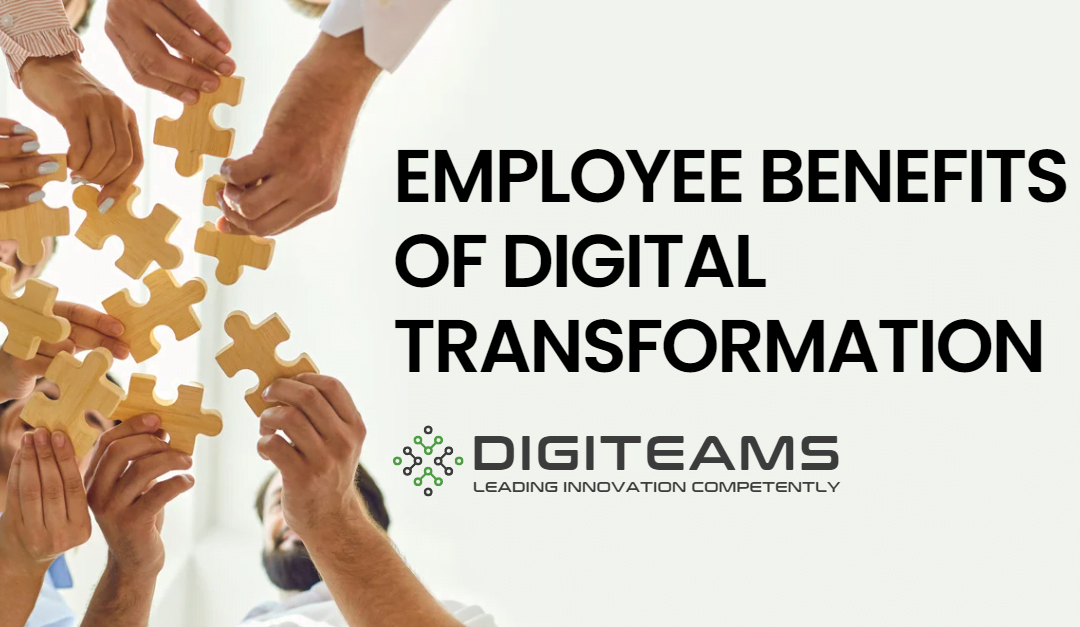Digital transformation refers to the process of utilising digital technologies to fundamentally change how organisations operate, interact with customers, and deliver value. It involves a comprehensive overhaul of business processes, strategies, and models, with the aim of leveraging digital technologies to optimise performance, enhance customer experiences, and gain a competitive edge. Digital transformation can include initiatives such as digitising manual processes, adopting cloud-based solutions, implementing artificial intelligence and machine learning tools, and using data analytics to inform decision-making. The goal is to create a more agile, efficient, and innovative organisation that can thrive in an increasingly digital and fast-paced world.
Smart Workflows and Meaningful Work
One of the most significant benefits of digital transformation is that it allows employees to work smarter, not harder. By automating repetitive tasks and streamlining workflows, digital tools free up employees’ time to focus on more meaningful work that requires human skills. This fosters a sense of fulfilment among employees, as they can use their skills to contribute to the organisation’s success.
Flexible Work Arrangements
Another significant benefit of digital transformation is that it enables employees to work remotely and flexibly. This flexibility can lead to better work-life balance, which, in turn, improves employees’ mental health, productivity, and motivation. The COVID-19 pandemic has highlighted the importance of remote work, and many organisations have implemented digital technologies to facilitate it.
Real-time Data and Insights
Digital transformation also provides employees with access to real-time data and insights. With digital tools such as dashboards, employees can make better-informed decisions and take ownership of their work. When employees feel valued and respected, they are more likely to be motivated and produce high-quality work.
Collaboration and Teamwork
Digital transformation promotes collaboration and teamwork by providing employees with tools such as project management software. This improves communication, reduces errors, and increases productivity. Collaboration and teamwork are crucial for employee motivation and job satisfaction, as employees feel like they are part of a team and can rely on their colleagues.
Conclusion
Digital transformation offers many benefits to employees, including smart workflows, flexible work arrangements, access to real-time data and insights, and improved collaboration and teamwork. By adopting digital technologies, organisations can enhance employees’ motivation and work quality, leading to better business outcomes.
